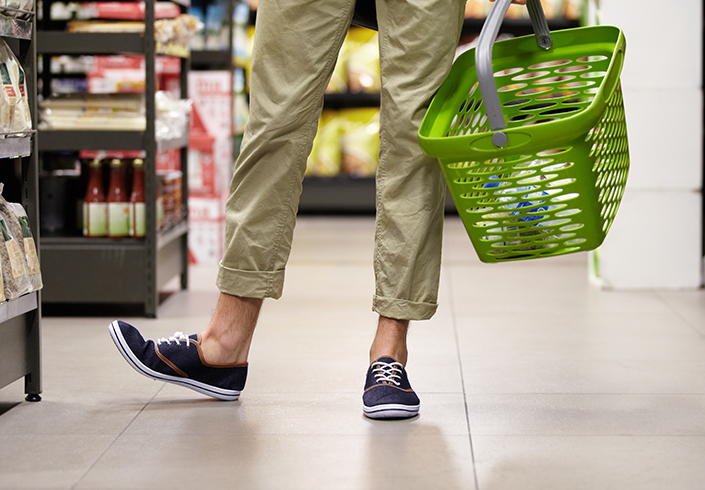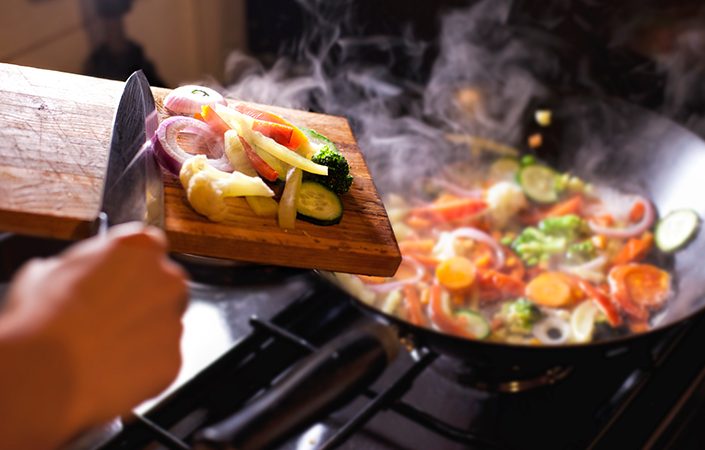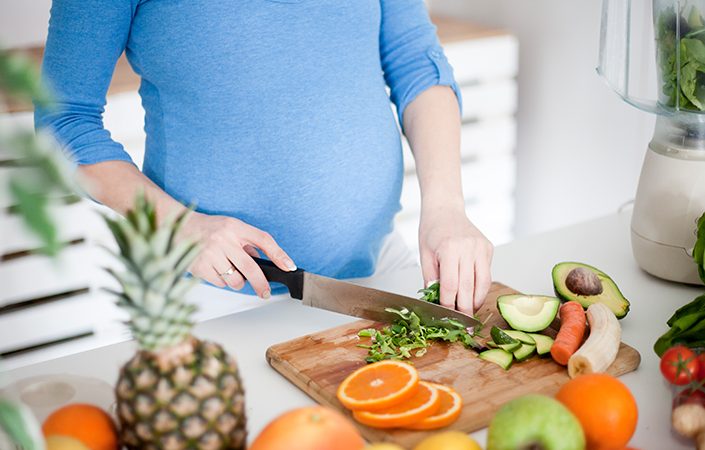
When it comes to weight loss, the first step is making sure you’re eating a diet that is void of anything processed and unhealthy. A diet that provides fresh, natural whole foods will ensure you’re getting all the essential vitamins, minerals, enzymes and phytonutrients you need to support a healthy metabolism. This helps build a foundation for your weight loss efforts.
For starters, most of your shopping should be done where all the fresh, natural whole food is located around the perimeter of the store. The inner aisles mostly contain processed foods that are not good for anything, especially when it comes to weight loss. Wondering where to start? What should you eat and shouldn’t? Keep reading to find out.
Complex Carbs
When it comes to carbs, they’re not the enemy. We need some carbs in our diet, but it shouldn’t make up the bulk of your calories. A diet that provides approximately 30% or less of carbs is plenty when it comes to weight loss diets. This restriction helps prime the body to use other sources, such as your fat to be burned off as fuel instead. Complex carbs are carbs that are full of fiber and are thus digested much slower than simple carbs like white rice, flour or sugar. Include carbs like oats, brown rice, and quinoa in your meal plan.
Plenty of Plants
Plant foods are a foundation for any healthy diet, they are not only full of soluble fiber they also provide natural sources of vitamins, minerals, phytonutrients, enzymes and even aminos. Get a wide variety of super plants in your diet such as cruciferous vegetables like broccoli, cauliflower, and kale. These veggies provide compounds that help balance hormone levels, which is important when it comes to weight loss.
Some Fruit
Fruit does contain naturally occurring sugars, but it also contains plenty of fiber as well. The presence of fiber lowers the glycemic index of the fruit, which means it doesn’t spike blood glucose levels the same way that sugar does. Eating fruit with breakfast oats or as an afternoon snack with yogurt or nuts can further help reduce the glycemic load. Choose strawberries, apples, blueberries or raspberries.
More Protein
Protein is an important part of any diet plan. Protein is essential for developing a lean body composition, but it can also have a major impact on appetite and satiety. Higher protein diets have been associated with greater weight loss and a greater impact on your thermogenesis – which is the rate at which you burn calories. Protein takes more energy to break down and be utilized by the body versus other foods of the same caloric value. For weight loss, your diet should contain about 40% of your daily calories from protein. Include lean proteins such as chicken, beef, whole eggs, and fish as part of your meal plan.
Healthy Fats
The last part of a healthy diet for weight loss should include a healthy source of fats from natural sources. Fats help with hormonal balance but also help stimulate your metabolism. Natural fats from plant sources contain an active compound that has been shown to help active fat burning in brown adipose tissue. Eating higher fat diets have also been shown to result in higher testosterone levels in men and even smaller waistlines! Choosing fats such as olives, avocados, whole eggs, coconut oil, nuts, seeds and fatty fish such as salmon will help get your daily fat requirements met. Fat should make up about 30 to 40% of your daily calorie needs if you’re aiming for fat loss, and is dependent on what your other percentages of macros would be.
Written by Lauren Jacobsen, Nutrition Director



